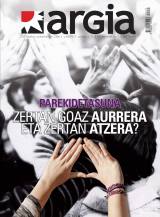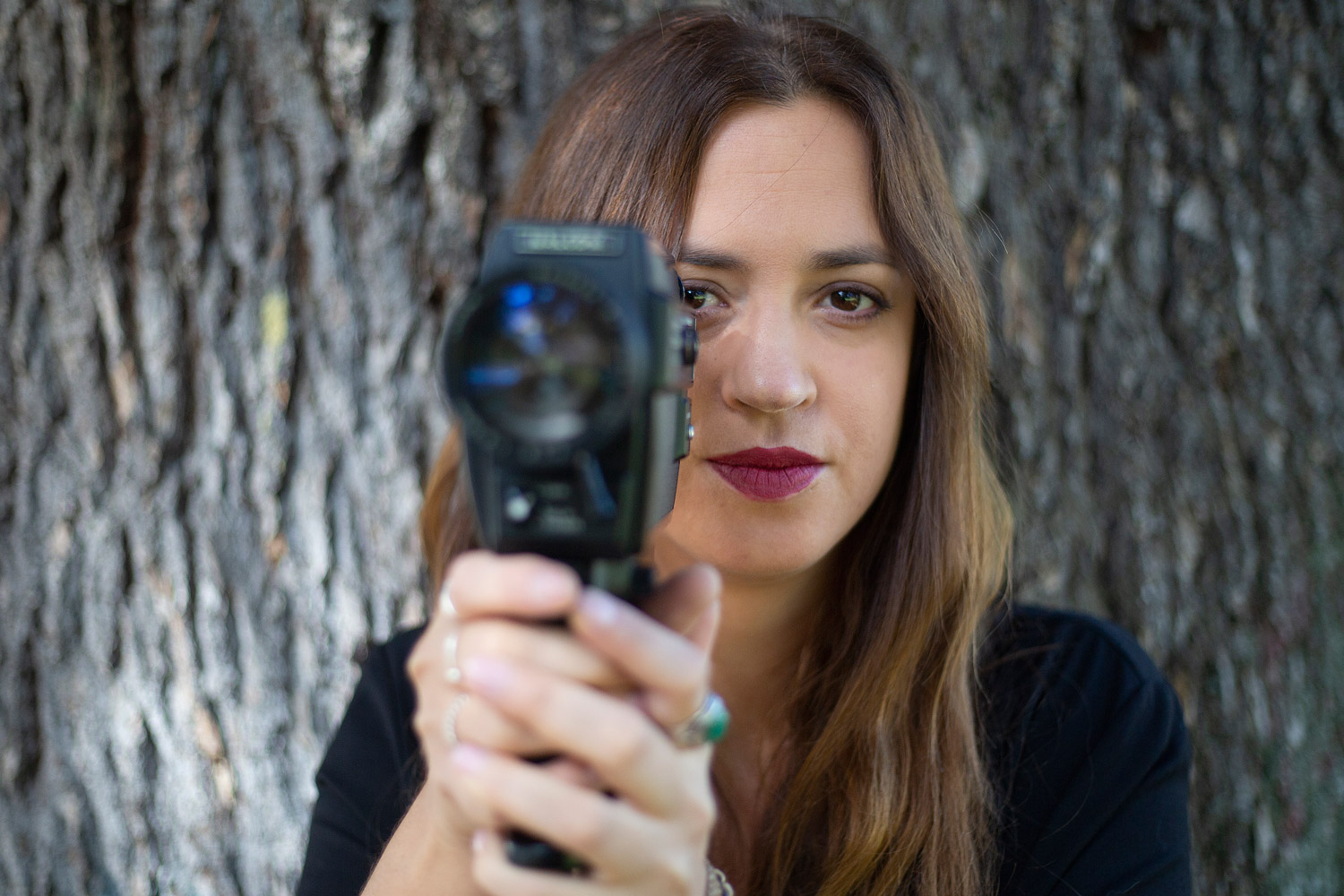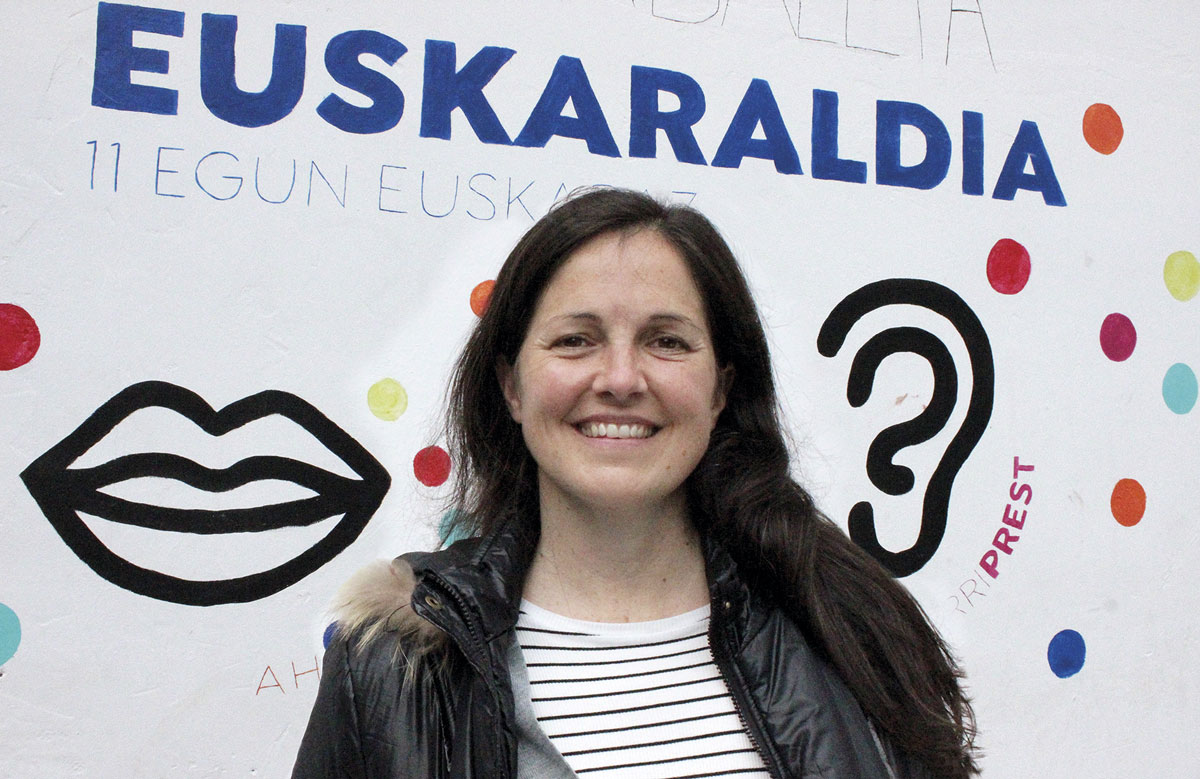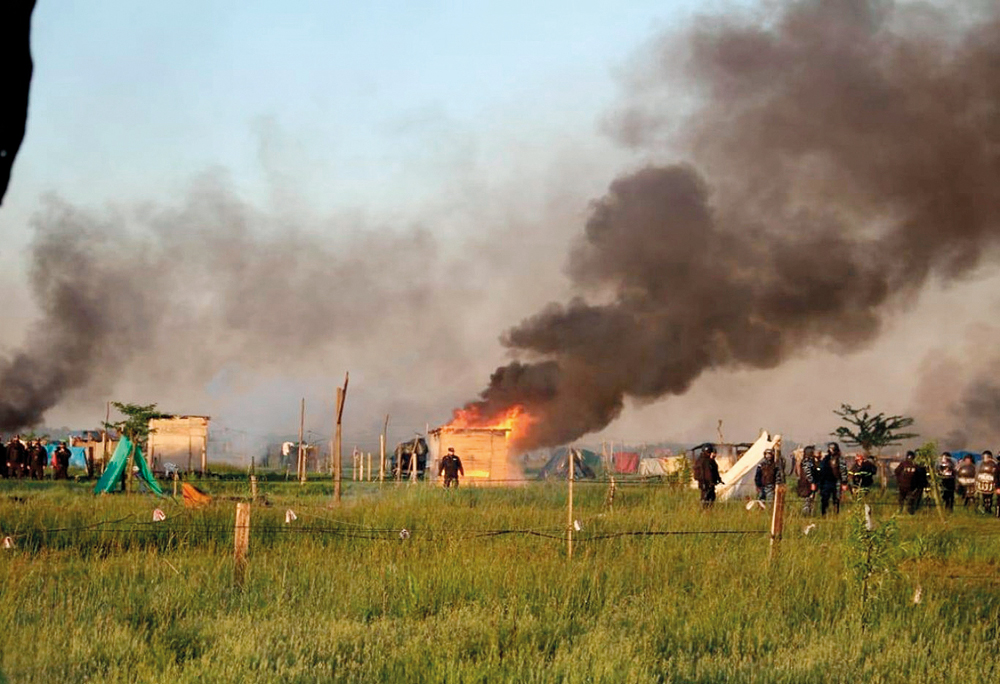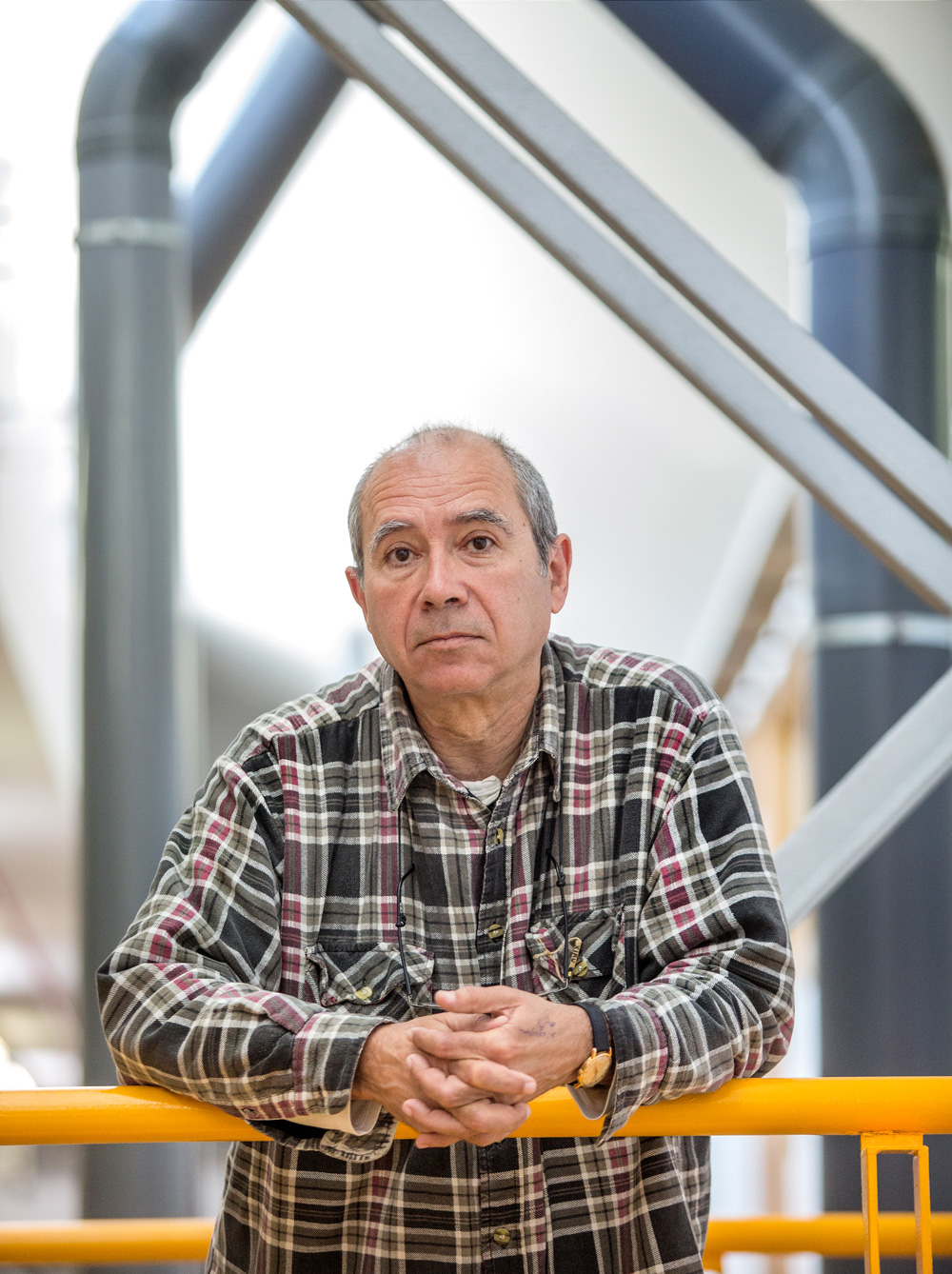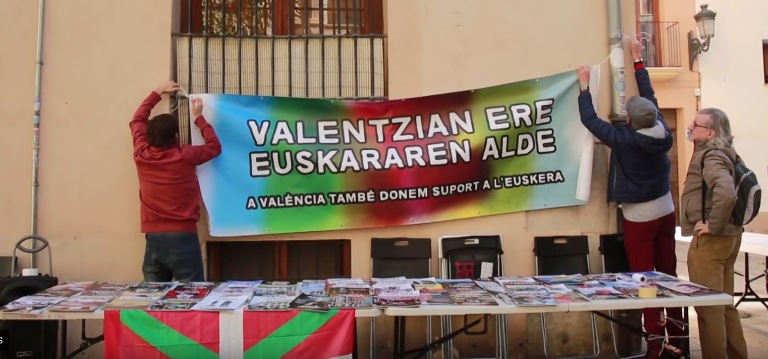Days of Boise
- The Basque diaspora has a date in the capital of Idaho: over 45,000 people will meet again at the Festival held every five years, beyond dance and rural sport, with the aim of strengthening community identity. This gigantic self-affirmation exercise has become the most spectacular showcase of the Basques in the United States of edition in edition, and has also begun to influence the cultural and political agenda of this part of the sea at cost.
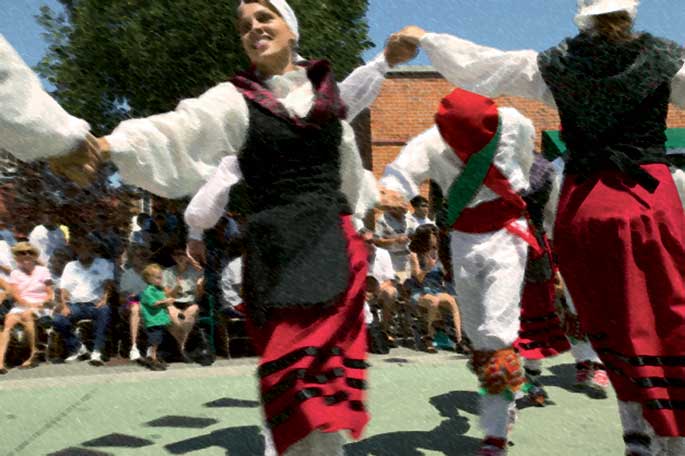
Boise, a city of 200,000 people, is located in the heart of the Far West, between deserts and mountains. The territory that was once grazed by the Basques is today one of the main centres of the Basque community in the United States. It's not by chance that the biggest party in the diaspora, the Jaialdi, is celebrated. Founded in 1987, the participation of citizens in each edition has been growing; in 2010 they exceeded all records: according to the organizers’ estimates, about 45,000 people joined the celebrations held around various known Basque cultural expressions in the world.
The Basque centre Euzkaldunak in Boise, in charge of organizing the festival, has already prepared the program for the festival which will begin on 28 July and will last until 2 August. Tickets for dance and rural sports shows that will be held in stadiums and lounges are already on sale on the internet since January; tickets for the friendly match between Athletic de Bilbao and Mexican Tijuana were also put on sale for $85. The match was played on July 18 and for this they had to change the blue artificial field of the Champions League Albertsons Stadium from natural grass.
Four groups from Euskal Herria have been elected to participate in the official program of Aste Nagusia 2018: The dance group Ortzadar from Pamplona, the groups The Crazy Wheels Band from Luhartz and Soraluze from Durango, and the comparison of giants Irrintzi from Orio, will also act at the festival. Bertsolaris Xabi Paya and Nerea Ibarzabal Salegi will also participate. But the Boise Basque Block, a space that brings together restaurants, museums and Basque centers, will also be filled with a festive atmosphere of dance groups from numerous Basque centers in the United States. United States and many other groups who have traveled alone from Euskal Herria.
Tour operators are offering special tour packages on the occasion of the festival: Urlia offers the possibility to visit New York and Las Vegas, watermelon says the tickets for the shows are included in the price, your house will put you the company of a well-known presenter... Based on the work in the shadow of hundreds of volunteers, it's actually a trade party: on the list of sponsoring brands are Coca-cola or Keybank, and you can buy t-shirts, plus beers and biseras with the Jaialdi logo. But we don't have to get to the heart of capitalism to see them, because we're used to doing it closer.
CNN's favorites
Some of the most representative media have focused on the festival to be held in Boise. CNN, for example, has placed the capital of Idaho among the 15 “curious” places that this year will be visited in the United States. Citing the Festival and the Basque community: “Dance and games, including joyful festivity, are essential for the Basques,” says the television channel. And if you can’t be at the festival, you can go to eat, drink and learn what Basque culture is at any other time.”
The festival is a great economic opportunity for Boise, which brings together major Idaho companies as well as major multinationals. In addition to the Basques here and abroad, they have also been attracted by people from other communities: “Who doesn’t want to be part of such an exciting village?” says Irish writer Patti Murphy, from Boise, in response to Idaho Statesman newspaper. Murphy started singing in the choir from Biotz a few years ago because he felt that he “was part of a family of culture.”
The feeling of belonging to a community is that which pushes the Basque collectivities of America to the avenues of expression which in our country have been too easily marginalized in a purely folkloric manner. Celebrations like Jaialdi are tools to convey that Basque consciousness.
But this is not an orchard that flourishes every five years. The activity of the Basque Country in the United States must be paid every day, and the Jaialdi is usually a valuable means of financing for this, as well as for projects aimed at promoting the Basque Country, such as the Ikastola de Boise. Just over a month ago, the only Ikastola in the United States changed its seat to Broadway Street, in the city centre, and now has the opportunity to host more students and offer better services: “We will also gain in visibility,” explained Professor Oihana Andion to the web Euskalkultura.com.
Gradually, the language occupies a place in the identity of the Basque diaspora. Several North American ethnic Euskal teach Euskera for years thanks to the agreement signed with HABE of the Basque Government, in which more than 150 people study Euskera. In Boise, a meeting was recently held between Euskera teachers of the Euskara Munduan program.
The agenda of politicians
The importance of the festival has also reached the political level and has managed to influence the agenda of several institutions of Euskal Herria. Five years ago, the visit of the then lehendakari Patxi López to the Diaspora gave rise to a great deal of expectation; it was the first time that the leader of the Basque socialists made such a trip. On the other hand, the Deputy General of Bizkaia, José Luis Bilbao, was also in Jaialdi’10, which gave rise to some controversy regarding the protocol.
This year, Iñigo Urkullu announced that he will participate in the San Sebastian Festival and, in addition to participating in the celebrations, he will also meet with the governor of Idaho and the mayor of Boise. It will also sign a partnership agreement with the Boise State University.
Urkullu will return to the United States after the controversy of two years ago with the Euskal Etxea of New York – when the Etxea Basque woman who suffered disagreements in the commemoration of the centenary wanted to show a video of the Mayor of San Sebastian, Juan Karlos Izagirre. However, it appears that the waters have returned to normal and that the PNV Government maintains a very close relationship with the diaspora, as it has historically been.
Another stop to further strengthen these relations and explain the foreign policy of the coming years will be Vitoria-Gasteiz, where the World Congress of Basque Collectivities will be held every four years on 7 October. The Basque Government has launched an initiative to strengthen the Basque Country brand abroad, in which the Secretary of Foreign Action, Marian Elorza, believes that countries must compete to attract “investment, tourism and talent” as companies compete in the world.
In the Christmas message that Urkullu sent this year to the Basque authorities he referred to this “internationalization strategy of the Basque Country”: “In this plan of internationalization of our country you are also,” he told the Basque centers. Lehendakari has also set a horizon: The Basque Government wants the economy to recover by 2020, peace to be consolidated and a new political status to be established.
You will see the role that the Basque diaspora has in that path. For the time being, the right to decide movement will take advantage of the window of Jaialdi to reflect on it. On 30 July, a lecture cycle will be held at the Hotel Grove in Boise, organized by Entesku dago, Agirre Lehendakaria Center and Columbia University in New York. Jon Camio from Céesku dago, Columbia University professor Joshua Fisher and former lehendakari Ibarretxe will participate. Toghether or nothing at all is the title of Ibarretxe’s speech: either together or nothing.
1975ean Jon Bilbao historialariak eta William A. Douglass antropologoak Amerikanuak. Basques in the new world liburua kaleratu zuten. Argitalpenak itu bat suposatu zuen, ordura arte euskal emigrazioaren historiaz ezer gutxi baitzegoen idatzita.
Urtemuga ospatzeko hainbat ekitaldi eta konferentzia antolatu ditu Renoko Center for Basque Studiesek. Tartean, Boise State unibertsitatean Joan-etorri sinposiuma izango da uztailaren 29an, Jaialdirekin bat eginez. Ez da kasualitatea: duela 40 urte ere, unibertsitate horretako ikasleak Oñatira bidaiatzen hasi ziren programa bati esker.
Sinposiumean makina bat gairi buruz hitz egingo dute eta Amerikanuak-en publikaziotik lau hamarkada igaro direnean, munduko euskal ikasketak zertan diren hausnartuko dute adituek.
Douglassek jadanik lanari buruzko hainbat iritzi plazaratuak ditu Mr. Basque autobiografian: “Liburuak trantsizio momentu bat jaso zuen, horren jabe ez baginen ere. Garai baten amaieran geunden, artzaintzak bereak egin zituen, emigrazioak ere bai, eta euskal erakunde ugari sortzen ari zen, North American Basque Organization (NABO) kasu. (...) Jon eta biok liburua euskal diasporaren historiarako sarrera gisa ulertu genuen, lana ez da behar bezain beste kritikatu”.
Douglassen ustez, liburua oso deskriptiboa da eta jadanik oso gutxi lantzen den enpirismoan oinarrituta dago: “Amerikanuak, euskal artzaina bezala, historiara igaro da”, dio antropologoak.
40 urteotan ez dira gutxi izan euskal emigrazioaz eta diasporaz publikatu diren liburuak, tesiak eta baita dokumentalak ere. Ikerkuntzan asko aurreratu da eta teoria atabikoak gaindituta daude. Egungo joera, testigantza eta lekukotasunen bidez euskal jatorriko amerikarren errealitate anitzak islatzea da.
Hain justu, Jon Bilbaoren jaiotzaren mendeurrenean Etxepare Institutuak eta Nevadako Unibertsitateak sortutako katedrari esker, Pedro J. Oiarzabal Deustuko unibertsitateko ikerlariak Ipar Amerikako euskaldunen ahozko historia jasoko du Memoria Bizia proiektuarekin.
Euskal jatorriko 37 gazte estatubatuar Euskal Herria ezagutzen eta euskara ikasten aritu dira uda hastapenean.
San Frantziskoko Euskal Etxeak 40 urte bete ditu asteburu huntan.
I have received an email from Brazil. These are words of beasaindarra Estebe Ormazabal Insausti, a subscriber of ARGIA. It's not the first person living abroad that we've brought to this corner. Little by little we are collecting the opinions, reflections, criticism and praise of... [+]
San Vicente barrutia (Argentina), 1934ko maiatzaren 18a. Mathilde Díaz Vélez lurjabeak Buenos Airesetik 40 kilometro ingurura zeuden bere lursailetan Guernica izeneko herria fundatzeko eskaera helarazi zion Buenos Aires probintziako Obra Publikoetako ministroari,... [+]







